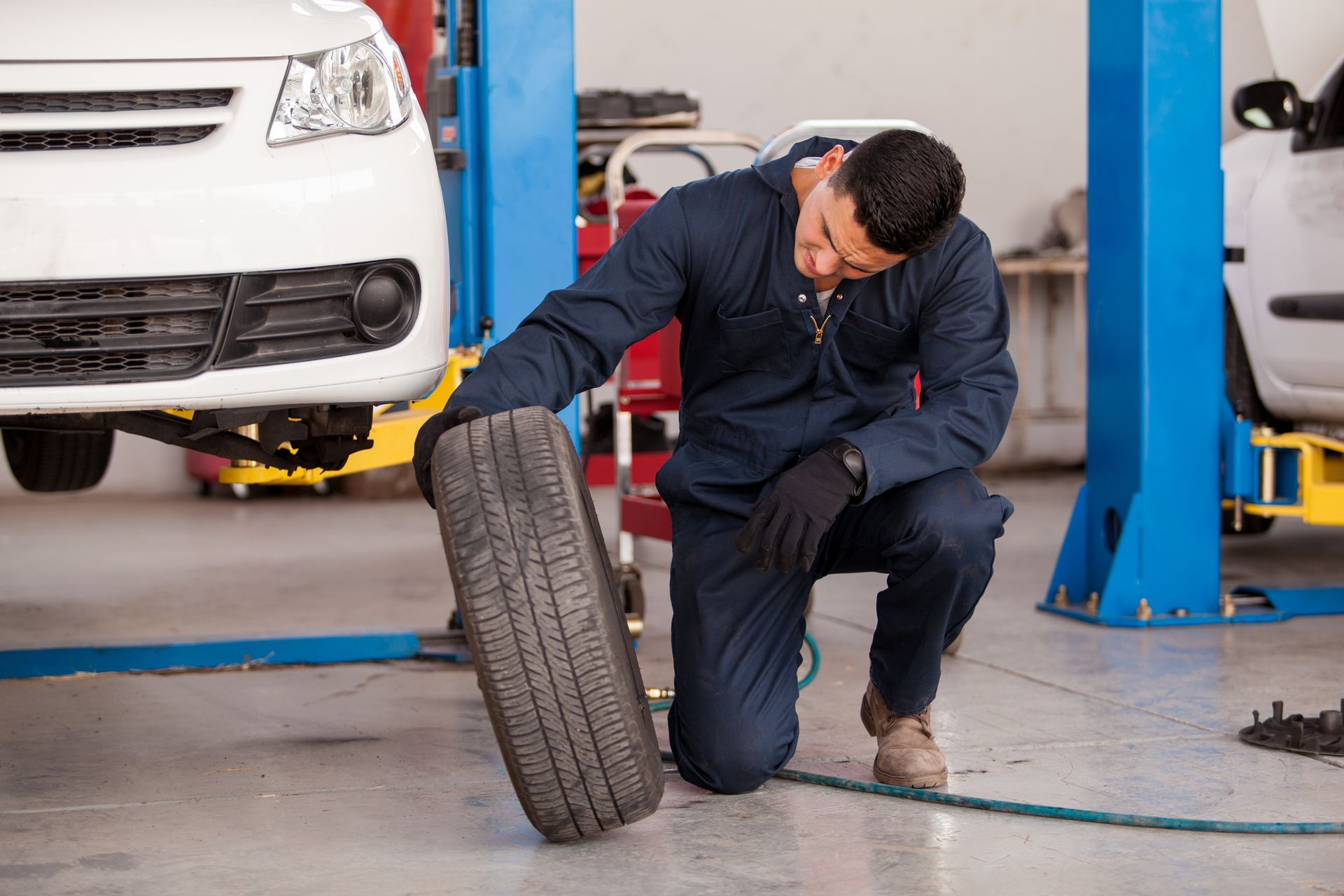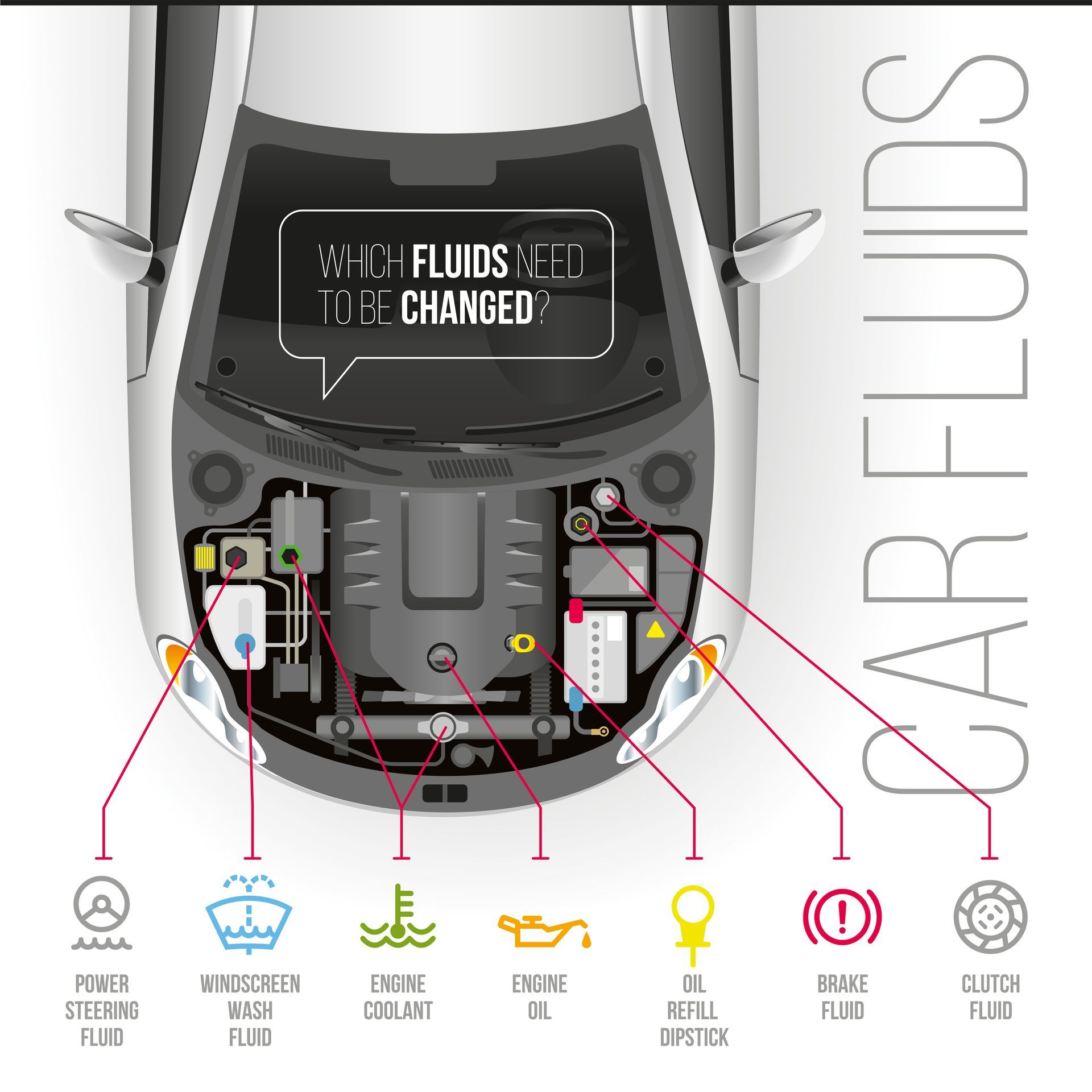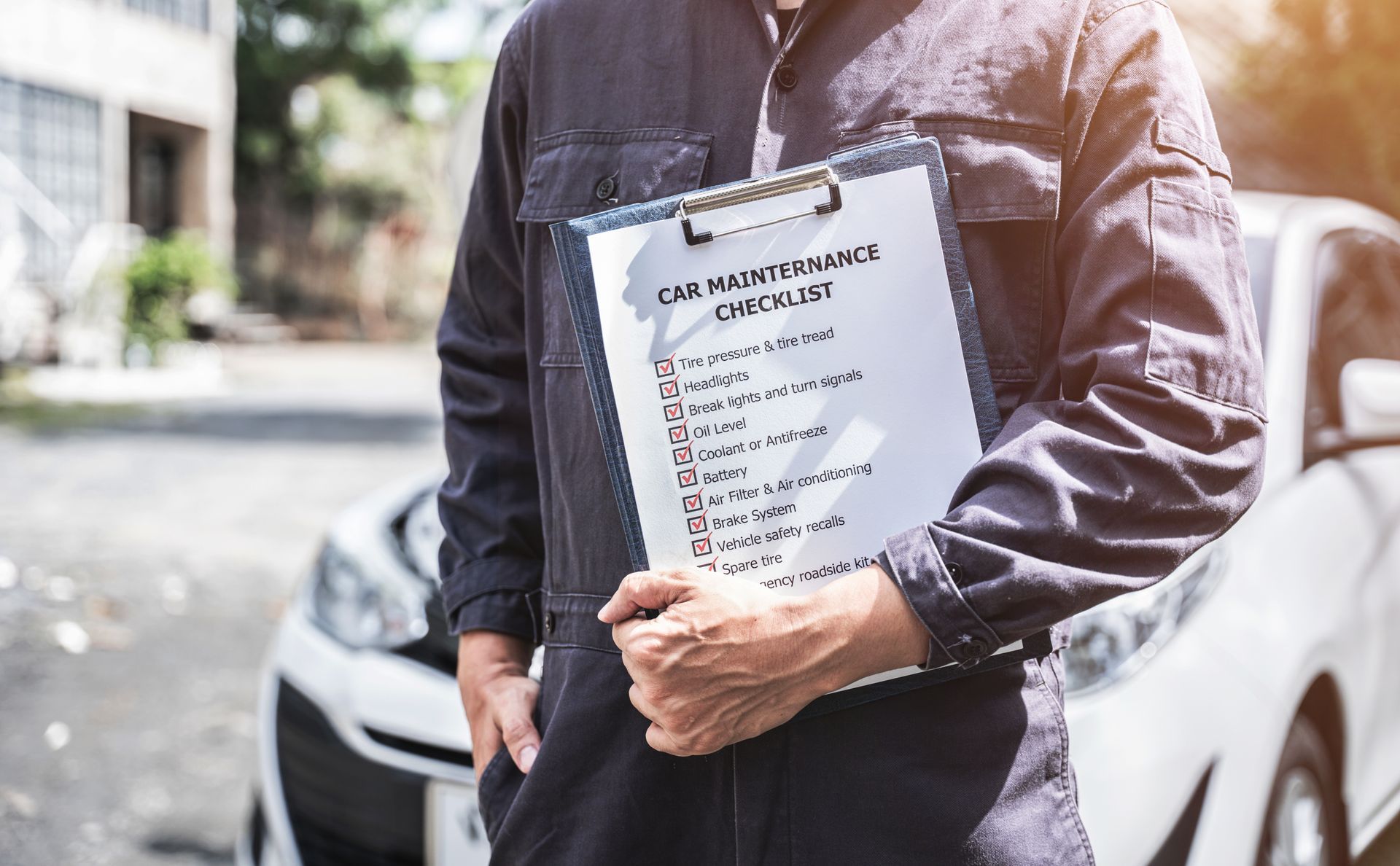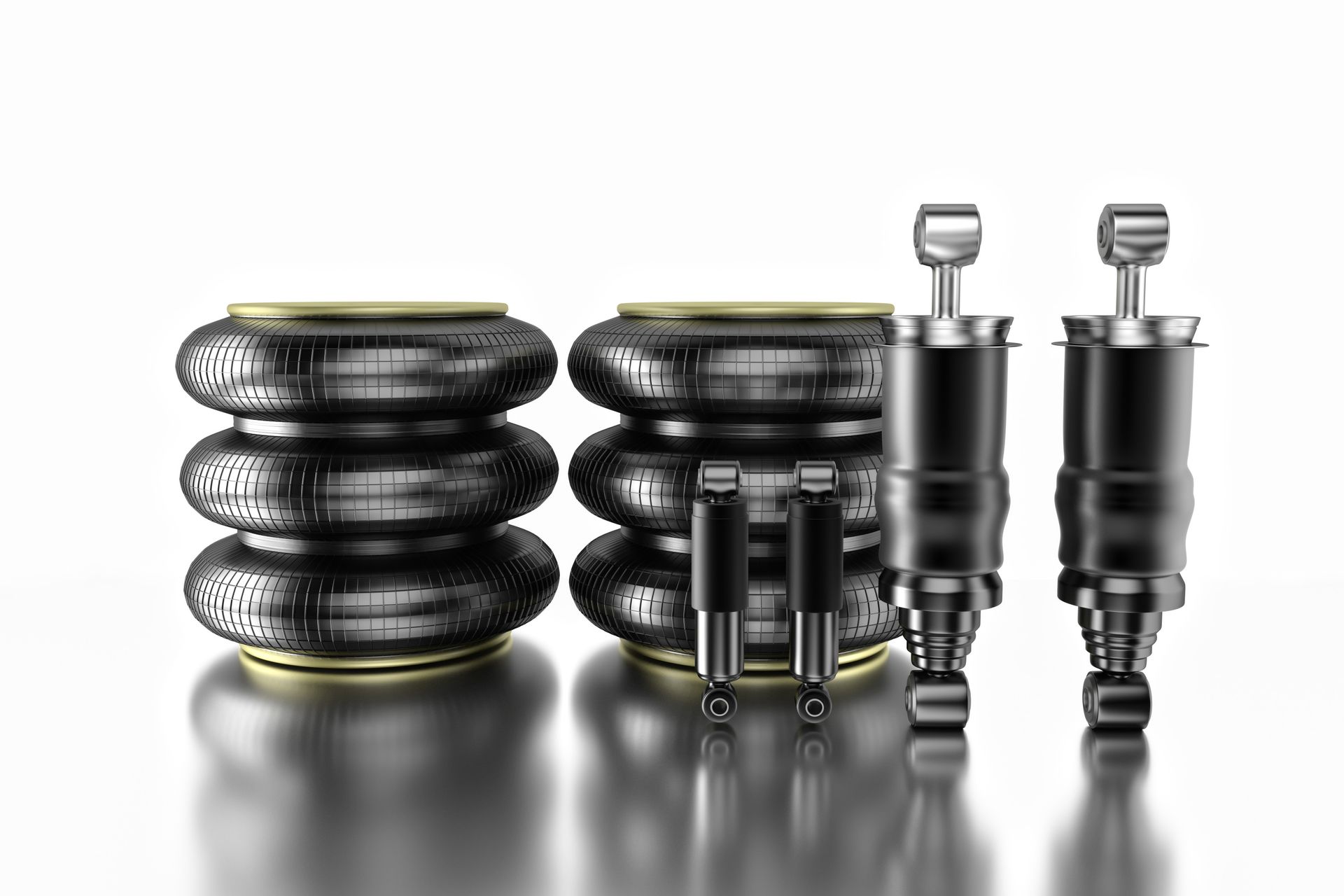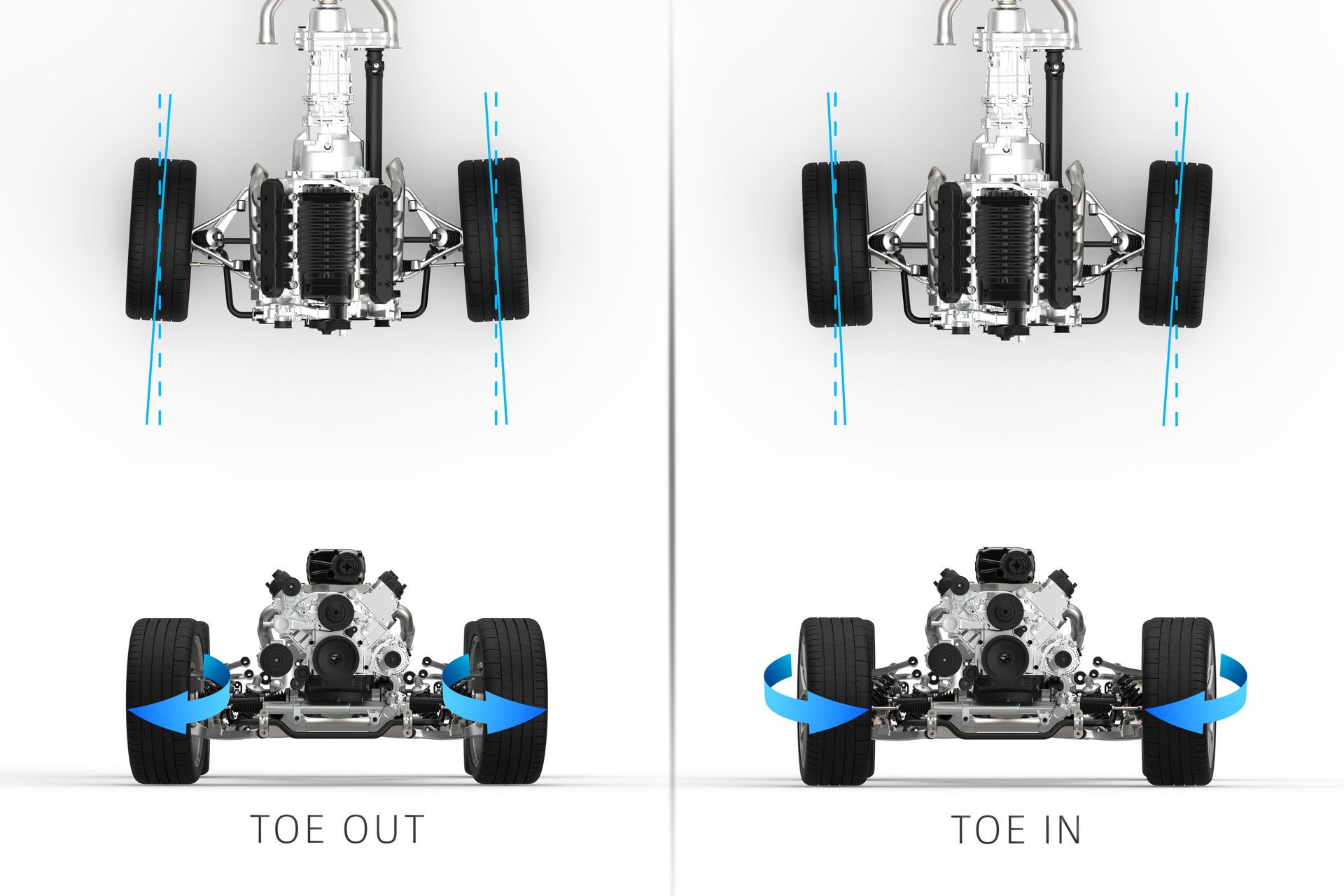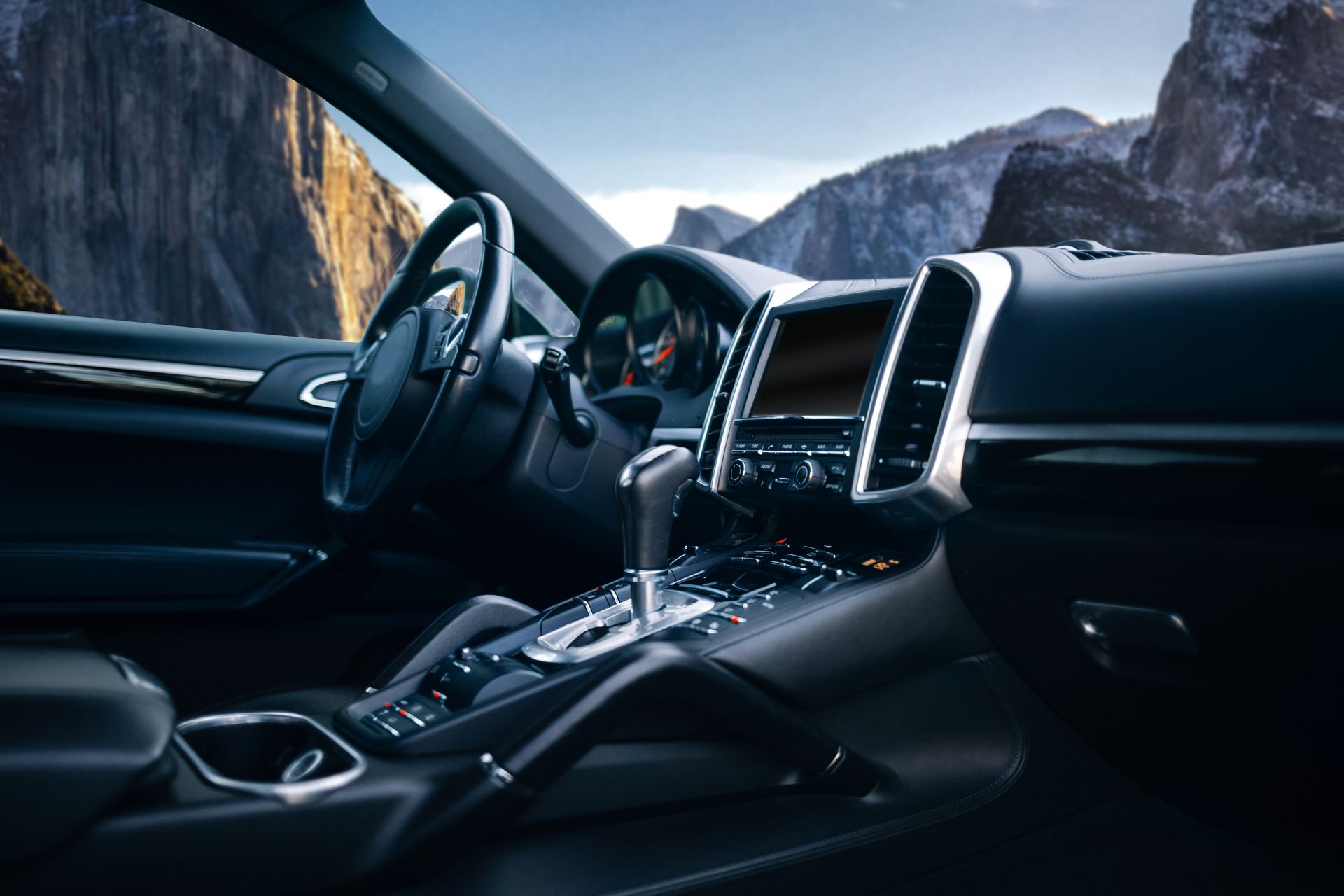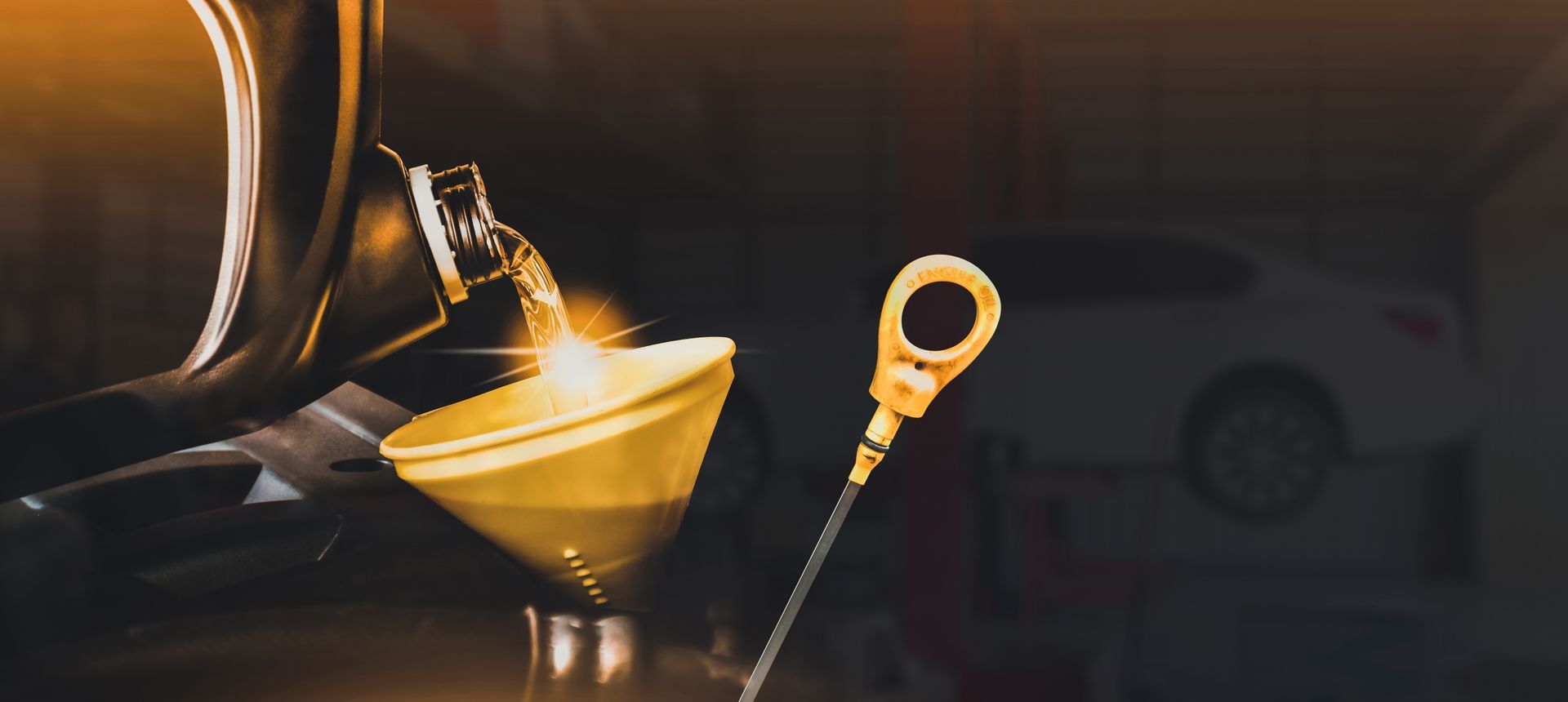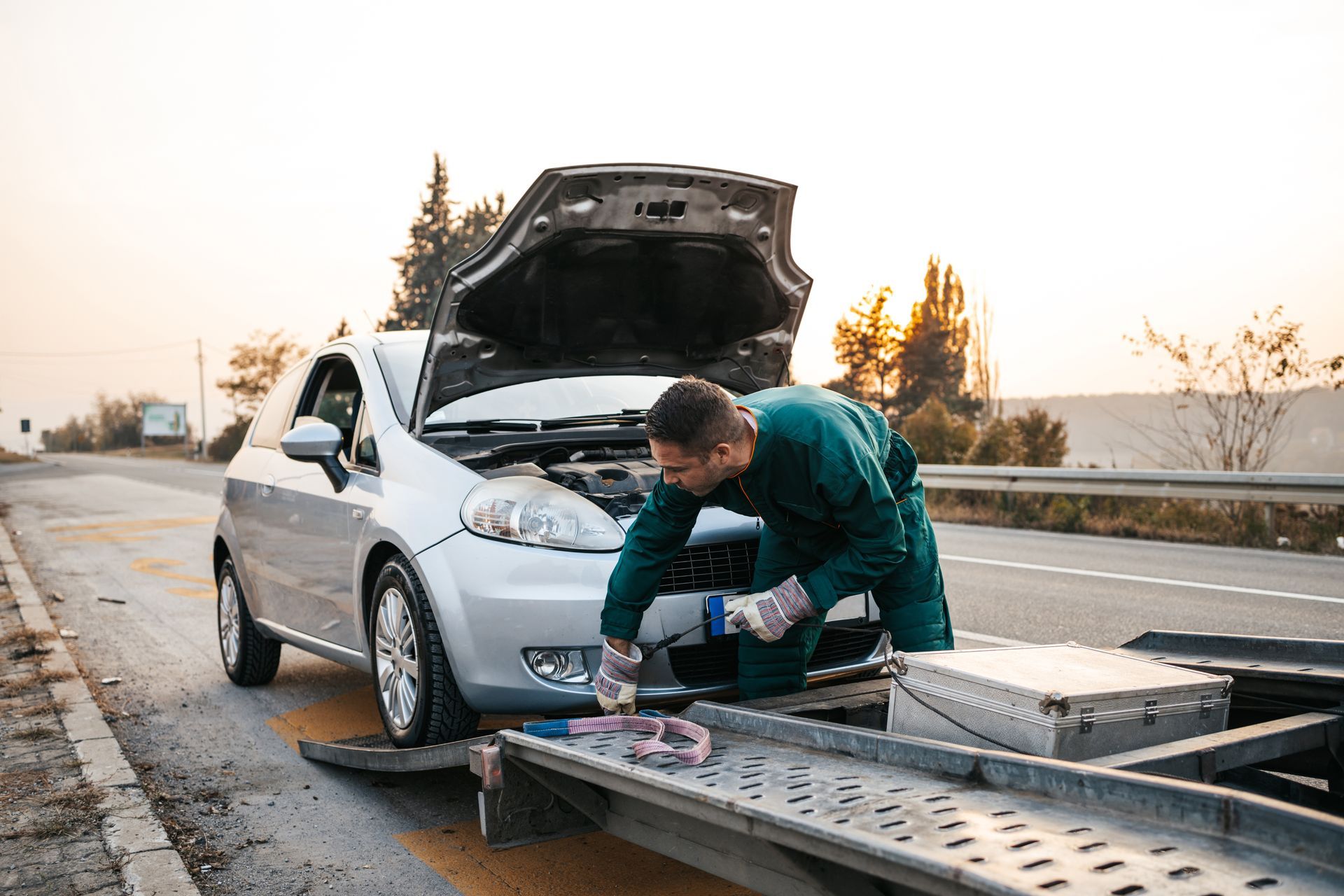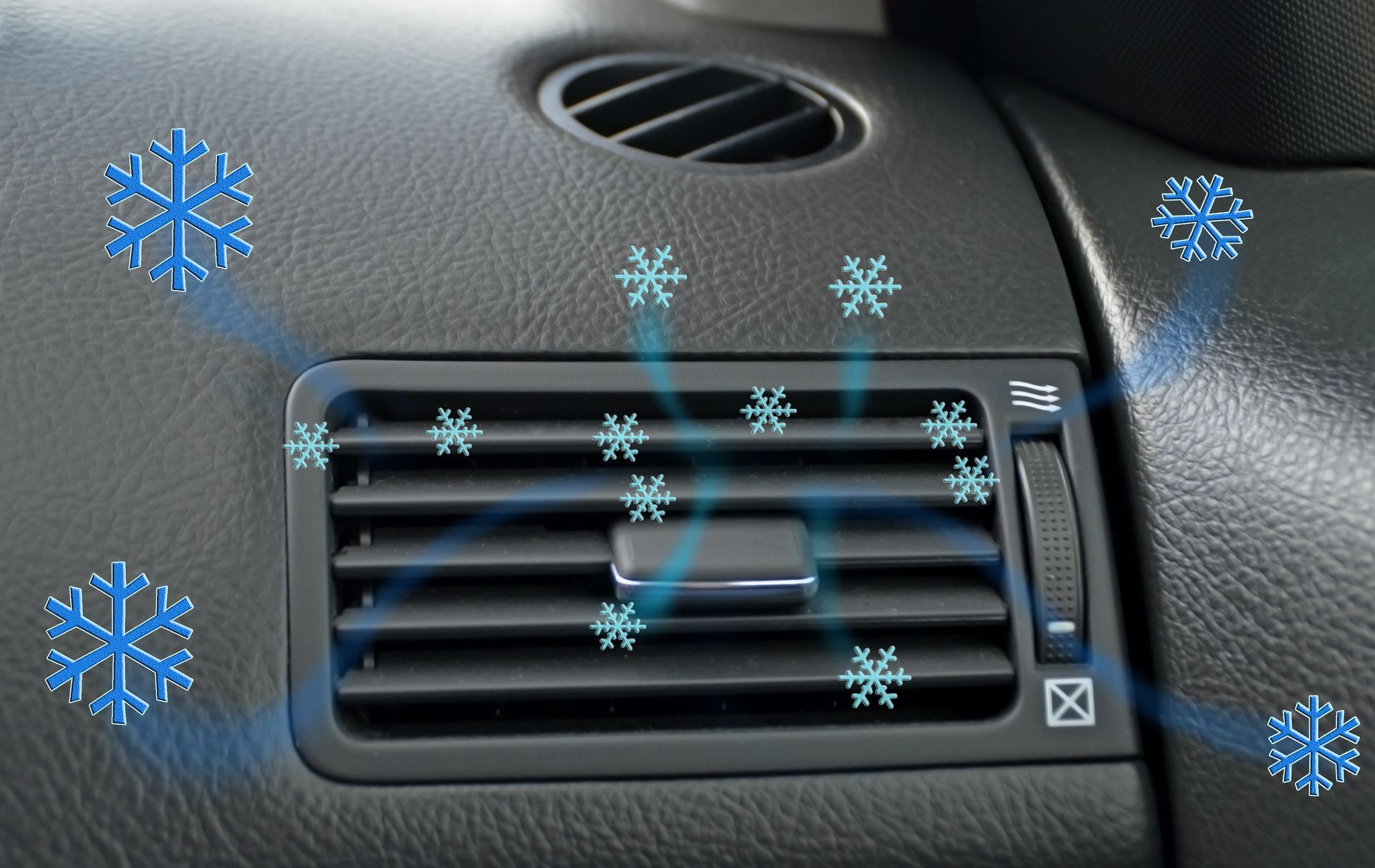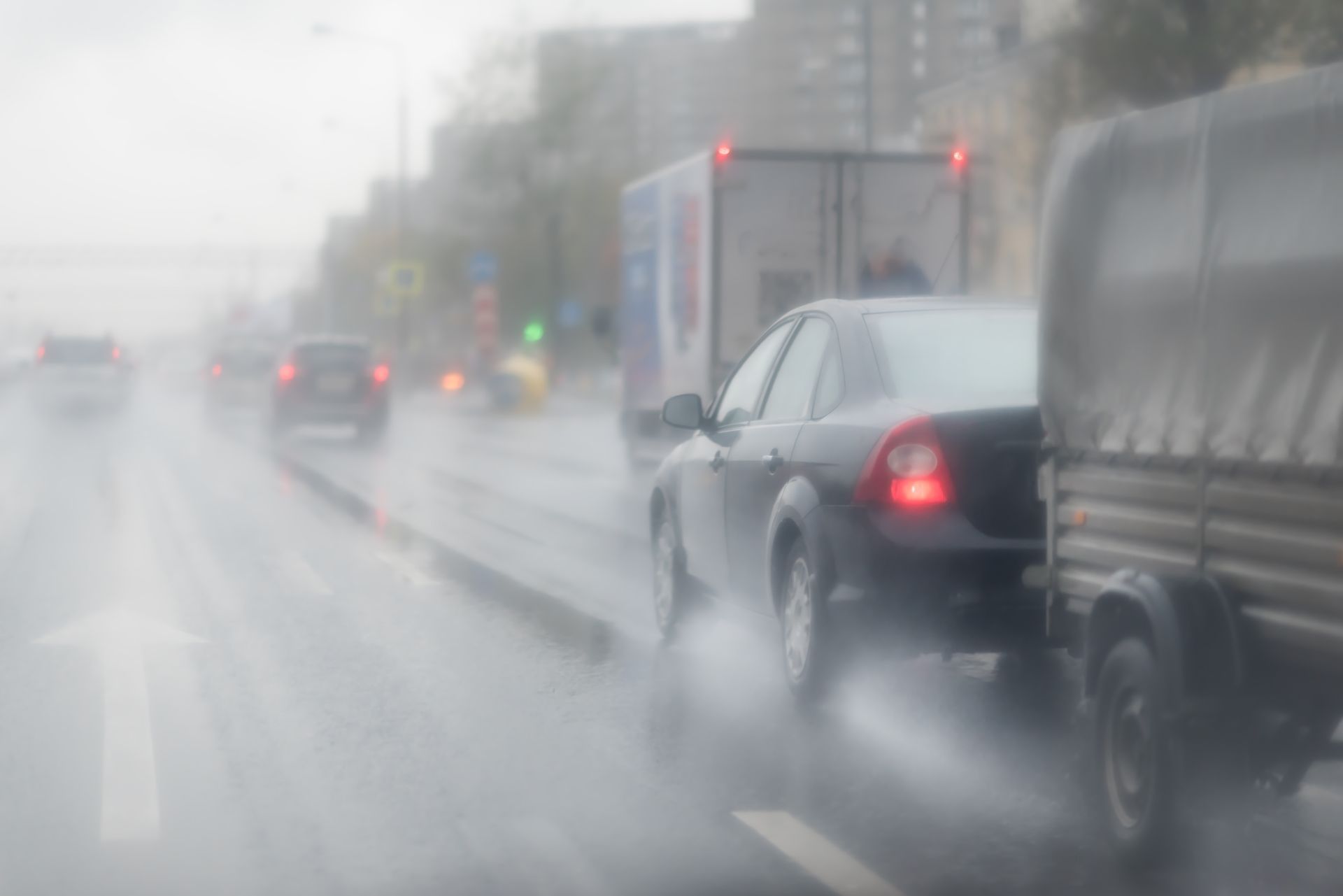Hurricanes are powerful and unpredictable forces of nature that can cause significant damage to homes, businesses, and your car. When a storm is on the horizon, most people immediately consider securing their property, but what about your vehicle? Cars are especially vulnerable to the high winds, heavy rains, and flooding that come with hurricanes. Taking the right steps to protect your car can save you from expensive repairs and the headache of dealing with insurance claims.
Why Protecting Your Car from Hurricanes is Crucial
You might be thinking, "How bad can it really get?" During a hurricane, flying debris, flooding, and extreme weather conditions can severely damage your car. Windows can shatter, the engine can get flooded, and even the frame can suffer structural damage. Moreover, insurance claims related to natural disasters are a long and stressful process. Protecting your car beforehand is not just a matter of convenience. It’s a matter of protecting a valuable asset.
Find a Safe Parking Spot
One of the first things you should do to protect your car is to park it in a safe location. If possible, park your vehicle in a garage or a covered structure. Parking inside can protect your car from flying debris and falling objects. If you don’t have access to a garage, aim to park next to a sturdy building that can provide some shelter from the wind. Avoid parking under trees or near utility poles, as these can fall during the storm and cause significant damage.
If you're forced to park in an open area, try to position your vehicle away from flood-prone areas. Low-lying areas are particularly vulnerable to flooding during hurricanes, and even a few inches of water can cause irreparable damage to your car’s engine and electrical system.
Protect the Car’s Exterior
Don’t underestimate the destructive power of hurricane-force winds. These winds can turn everyday objects like lawn chairs or tree branches into projectiles capable of denting or scratching your car. Consider covering your car with a weatherproof car cover to protect the exterior. These covers are designed to withstand heavy rain and wind, offering an extra layer of protection from the elements.
If a cover isn't available, some people opt for using thick blankets secured with bungee cords as a makeshift solution. It won’t offer as much protection as a dedicated cover, but it can help reduce the risk of cosmetic damage.
Seal and Lock Windows and Doors
This might seem obvious, but you’d be surprised how many people forget to properly seal their car’s windows and doors before a hurricane hits. Even a small gap can let water in, which can lead to a soaked interior and damaged electronics. Make sure all windows are completely closed, doors are tightly shut, and, if possible, apply extra weatherstripping to reinforce seals.
Also, don’t leave valuables inside the car. Hurricanes can sometimes lead to power outages and potential looting in badly affected areas. Removing important items from your car can prevent a bad situation from worsening.
Disconnect the Battery and Elevate the Car if Possible
Flooding is a major concern during hurricanes, especially if your area is prone to it. One precaution you can take is disconnecting your car battery if you anticipate the car being in floodwaters. This will help prevent any short circuits that could happen if water gets into the electrical system.
If you have the means to do so, try to elevate your car by parking on higher ground or using car ramps. Even a few extra feet of height can protect your vehicle from severe water damage.
Know When to Move Your Vehicle
Sometimes, no matter how well you’ve prepared, it may be necessary to move your vehicle entirely. If local authorities issue evacuation orders or the storm’s path changes, you may need to relocate your car to a safer area. Keep an eye on weather updates and be prepared to move your vehicle quickly if needed. Don’t wait until the last minute, as roads may become congested, making it difficult to find a safe spot.
Post-Hurricane Care
After the hurricane passes, inspect your car carefully before driving. Even if your vehicle looks fine, hidden damage can still exist. Check for any signs of water inside the car, assess the condition of your tires, and look for any dents or scratches. If your car is exposed to floodwaters, it must be inspected by a professional to avoid long-term mechanical problems. Also, if you suspect significant damage, contact your insurance company immediately.
After a hurricane, bring your car to
Global Auto Care for a comprehensive post-storm inspection. Our team will help you detect any hidden damages that could lead to costly repairs later.

